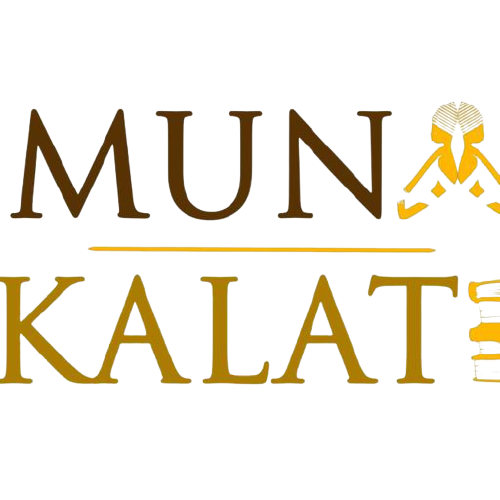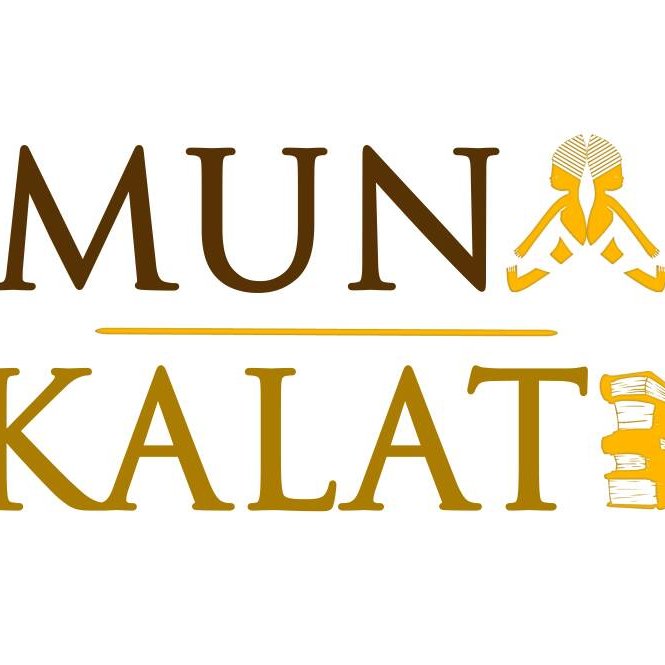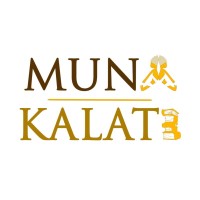Catalyst Press will be releasing Pearl of the Sea – a first of many graphic…
Browsing: muna kalati
I’m the colour of honey is a book written by Maimouna Jallow, with illustrations by…
Transforming the world’s book markets and bringing books to every child / APNET/ GLOBAL Book…
Muna Kalati : De quoi s’agit-il exactement ? C’est le concept d’un panafricain, entrepreneur social, acteur très…
Muna Kalati [MK]: Pouvons-nous mieux vous connaître ainsi que vos activités ? Je m’appelle Joëlle…
In Graça’s Dream, the author Melissa Fagan presents the life of a hard worker and…
Kongossa is part of storytelling, a component, but not the actual storytelling. There is nothing pejorative in the expression Kongossa. It simply means talking about the other person in his or her absence. In this sense, we have all practiced kongossa in one way or another.
We have read for you Un petit garçon au village, written by Dozilet Kpolo and illustrated by Tiémoko Sylla. Let’s discover it ?
Jen Thorpe wrote the book “LOOK UP”. Jen Thorpe is a South African researcher and…
It was at university with the pan-African associative movements and my Master’s degree in “Africa and Globalization” that I discovered the rich African past and became aware of my cultural alienation. I knew more about the history of France, Great Britain and Belgium than that of Cameroon and I realized that the books of my childhood had largely contributed to it. I realized that children’s and youth literature was a powerful tool for building the imagination and identity of young Africans, for reducing illegal immigration and low civic and patriotic awareness. But I realized with regret that African children’s books were little known and accessible. The authors of books for adults were more publicized, celebrated and promoted than those of children’s literature, which was considered a marginal field, a ghetto or a sector of little interest reserved for amateur authors.


